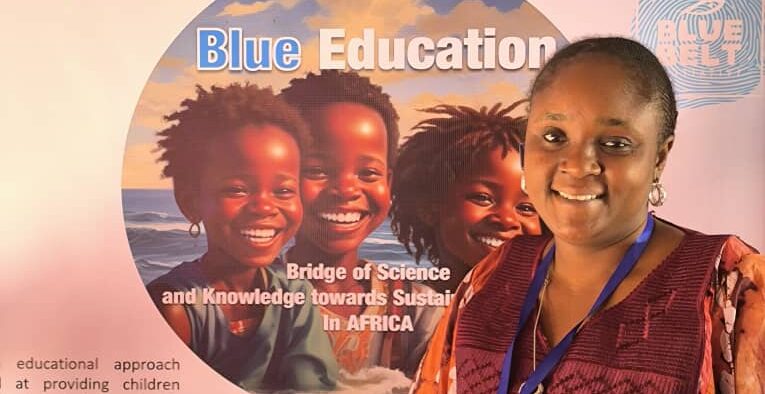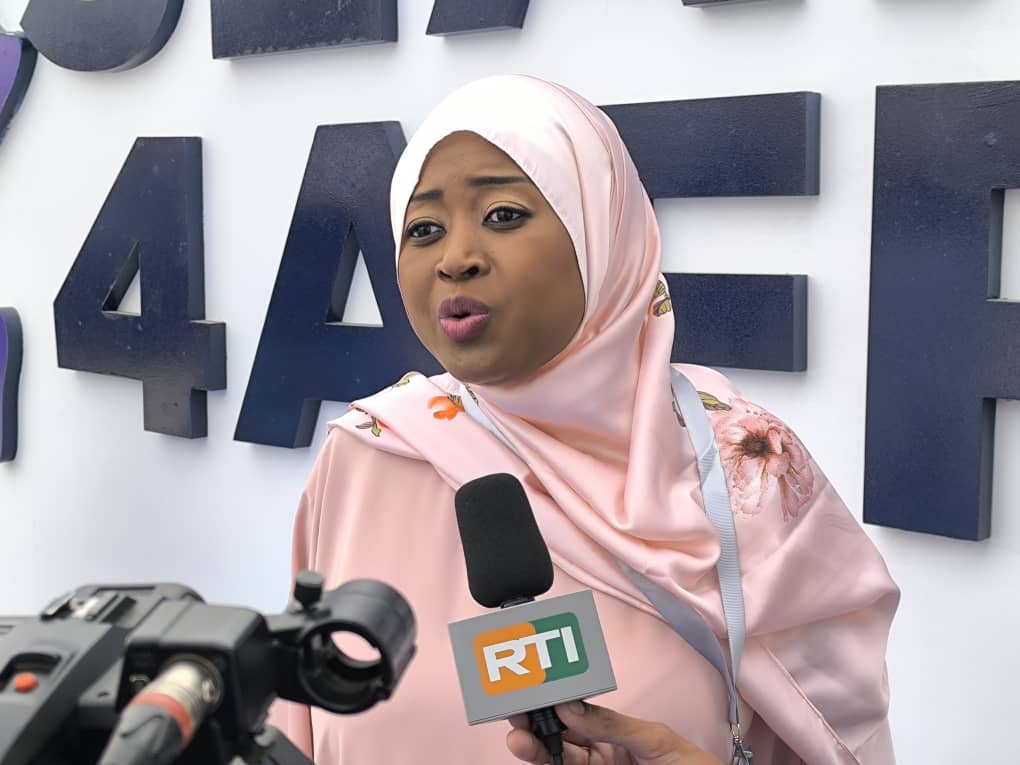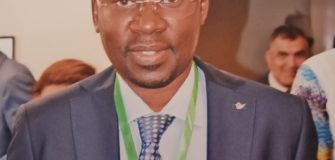Women in Fisheries Facing Climate Change: Exclusive Interview with Oluwafunmilola Shelika, President of the Women in Fisheries Network in Nigeria
Share

At the heart of contemporary environmental concerns, climate change is emerging as a pervasive threat to economic sectors and ecosystems worldwide. In this context, the workshop organized by ATLAFCO for the benefit of the African Women in Fisheries Network (RAFEP) highlighted the challenges and proposed solutions to confront this environmental crisis impacting particularly women in the sector.
We had the opportunity to interview Oluwafunmilola Shelika, President of the women in fisheries of Nigeria, who shared her insights with us.

Question: Oluwafunmilola Shelika, you are the president of the Nigerian women in fisheries section. Could you tell us about the main challenges faced by the fish processing industry due to climate change?
Oluwafunmilola Shelika: Climate change is causing significant shifts in fish distribution and abundance. This change directly affects the resources upon which our fishing communities and processing sector depend. Consequently, we are facing a real shortage of raw materials that threatens not only the industry’s sustainability but also the livelihoods of many sector actors.
Question: These challenges are concerning. What are the socio-economic consequences of this crisis on women working in fishing and processing?
Oluwafunmilola Shelika: The roles played by women in fishing are often informal and underpaid, meaning they lack the necessary social protections. Climate disruptions exacerbate this economic vulnerability, making it even more difficult to sustain their livelihoods. Rising temperatures and extreme weather events also add risks to their health during the processing and storage of products.
Question: Solutions were discussed during this workshop. Could you specify some sustainable practices that you recommend?
Oluwafunmilola Shelika: It is crucial to implement environmentally friendly and climate-resilient fishing practices. For example, the initiative by UN Women providing tailor-made tools for female fishers is a significant step towards enhancing their resilience. Additionally, adopting circular economy principles, such as valorizing fish by-products, would reduce waste while increasing profitability.
Question: How do you see the future and the role women play in combating these environmental challenges?
Oluwafunmilola Shelika: The role of women in this sector is crucial. To ensure their economic empowerment, it is essential to strengthen their capacities through leadership, entrepreneurship, and sustainable practices training. At the same time, access to appropriate financial resources can help them better cope with the challenges caused by climate change.
Question: Finally, what message would you like to convey to women in fishing and to ATLAFCO ?
Oluwafunmilola Shelika: To women in the sector, I recommend staying informed about the impacts of climate change and seeking local training. Collaboration with other women to develop collective solutions is essential. Lastly, I thank ATLAFCO and request that they continue their ongoing commitment to the training of women in fishing that we are.

















